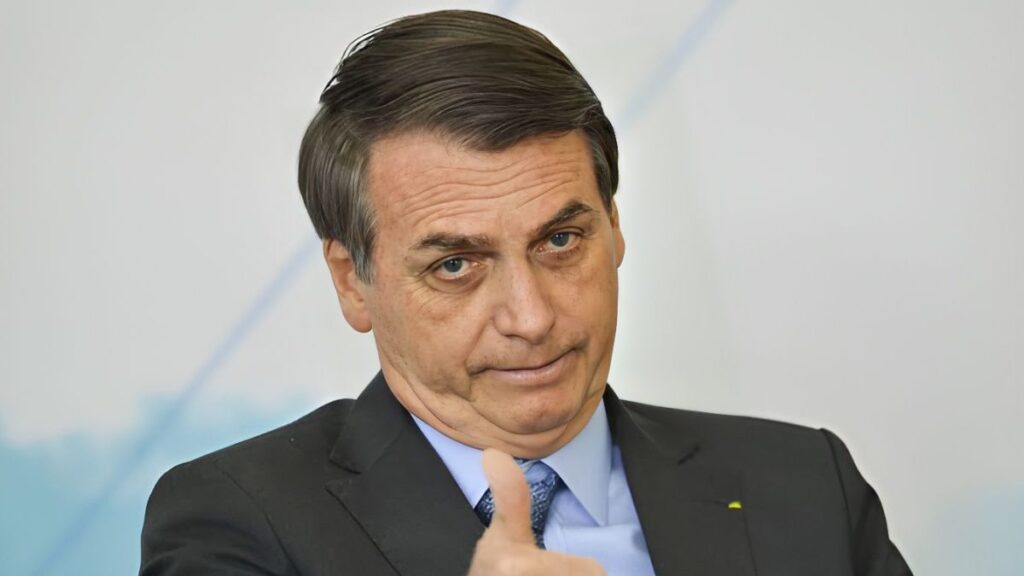Brazil’s former far-right president, Jair Bolsonaro, has been arrested at his villa in the capital, Brasília. Federal police confirmed that officers executed a preventive arrest warrant issued by the Supreme Court, though the precise reason for the arrest remains unclear.
Bolsonaro, 70, was reportedly taken to a federal police base approximately seven miles from the presidential palace he occupied from 2019 to 2022. Local media reported that the preventive arrest was intended to “maintain public order.” One of his lawyers, Celso Vilardi, confirmed to AFP: “He has been imprisoned, but I don’t know why.”
This detention comes amid a series of ongoing legal battles for the former president. In September, Bolsonaro was sentenced to 27 years and three months in prison for orchestrating a coup attempt to prevent Luiz Inácio Lula da Silva from taking office after the 2022 elections. However, the court had not yet ordered his immediate imprisonment while appeals and legal procedures continue. Reports indicate that Saturday’s arrest was not directly related to his coup conviction.
Supporters of Bolsonaro, known as Bolsonaristas, had planned a “vigil” outside his luxury condominium, where he had been under house arrest since August. The protest was promoted by his senator son, Flávio Bolsonaro, who urged supporters on social media: “Are you going to fight for your country or are you going to watch everything on your mobile phone while sitting at home on your sofa?”
Speculation about Bolsonaro’s imminent arrest had intensified in recent days, with allies expressing concerns over a potential transfer to Brasília’s maximum-security prison, Papuda.
Meanwhile, supporters of Lula have welcomed the development. Workers’ Party congressman Reimont Otoni stated: “The message to Brazil, and to the world, is that crime doesn’t pay,” highlighting Bolsonaro’s alleged conspiracy, which included plans to assassinate Lula.
Bolsonaro’s arrest marks a significant moment in Brazil’s political landscape, intensifying divisions as the nation watches closely amid ongoing legal and political uncertainties.

